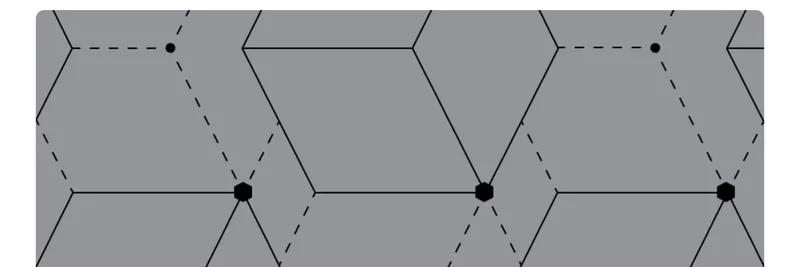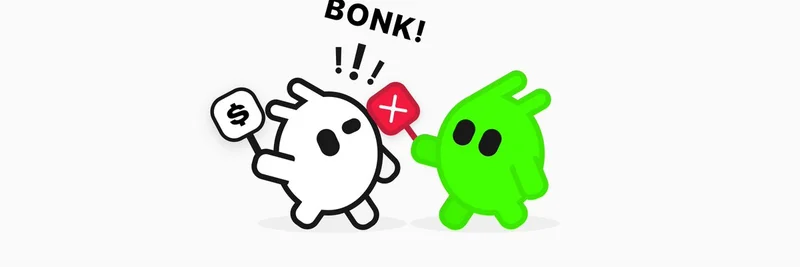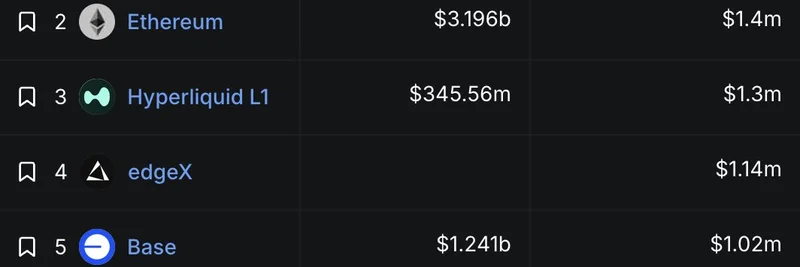Galaxy Research just dropped a bombshell thread on X about Zcash ($ZEC), highlighting its wild 700% price jump in just one month. As someone who's been knee-deep in crypto journalism, I can tell you this isn't just another pump—it's a revival of the privacy narrative that's been simmering in the background. For meme token enthusiasts, this could be a game-changer, offering tools to keep your wild trades under wraps. Let's break it down based on their client note.
The Resurgence of Privacy in Crypto
Crypto was supposed to be about "secret money," but most blockchains are like glass houses—everything's visible. Zcash, launched back in 2016 as a Bitcoin fork, flips that script with zero-knowledge proofs (ZKPs). These are fancy math tricks that let you prove a transaction is legit without spilling the beans on who sent what to whom. Think of it as verifying you paid your bill without showing the receipt details.
The thread from @glxyresearch points to their full note, which dives into why ZEC is suddenly hot. It's outperformed the market, overtaking Monero ($XMR) in market cap, and sparking debates from big names like Naval Ravikant, who argues transparent crypto won't survive government scrutiny.
A Quick History of Zcash
Zcash evolved from academic work on Zerocoin in 2013, aiming to fix Bitcoin's privacy gaps that even Satoshi Nakamoto noted. It uses zk-SNARKs for optional privacy—users can choose shielded (private) or transparent addresses. Key upgrades like Sapling (2018) made shielding faster, and Orchard (2022) ditched the need for a trusted setup, making it more secure.
Unlike meme tokens that often ride hype waves, Zcash's funding comes from block rewards allocated to community grants, keeping development decentralized. Its supply is capped at 21 million, just like Bitcoin, with halvings every four years—the next one's in 2028.
Technical Roadmap and Innovations
Zcash sticks to proof-of-work with Equihash, which resists big mining farms better than Bitcoin's setup. Blocks come every 75 seconds, faster than BTC's 10 minutes. The big news is the growing shielded pool: over 30% of ZEC is now hidden, boosting anonymity. The Orchard pool alone holds about 4 million ZEC.
Looking ahead, Project Tachyon promises massive scaling, potentially handling way more transactions without new protocols. For meme traders, this means smoother, private swaps—imagine buying into the next viral token without everyone seeing your wallet.
Transparent supply has dropped from 14 million to 11.4 million ZEC this year, as more users shield their coins. Node count is small (100-120) compared to Bitcoin's 24,000, but it's rising.
Zcash vs. Monero: The Privacy Showdown
Monero has been the go-to for default privacy using ring signatures and stealth addresses, but its anonymity sets are smaller and potentially crackable. Zcash's ZKPs offer stronger, quantum-resistant privacy when used right. Regulators eye Monero more because privacy is mandatory, while Zcash's optional approach makes it easier for compliance via view keys.
Price-wise, ZEC has flipped XMR, signaling a shift. For meme token folks, Zcash's tech could inspire privacy layers on chains like Solana or Base, where meme trades are rampant but fully traceable.
NEAR Intents: Bridging Privacy Across Chains
One cool integration is NEAR Intents, a cross-chain tool that lets you "intend" a trade—like swapping ETH for ZEC privately—without manual bridging. Built into the Zashi wallet (launched March 2024), it simplifies shielding. This reduces friction, making privacy user-friendly.
In the meme world, where pumps can attract snipers, tools like this could let you accumulate positions stealthily, avoiding front-runners.
ZKPs, Regulation, and the Rise of Privacy
ZKPs aren't just for hiding; they enable compliance too, with selective disclosure. As Google searches for privacy spike (per a16z's report), Zcash is riding the wave. Regulatory pressures on mixers like Samourai show why built-in privacy matters.
The surge? It's a mix of improved UX, vocal support from crypto OGs, and listings like Hyperliquid perps boosting liquidity. Open interest hit $115M, fueling volatility.
What to Expect in the Future
Zcash's rally might cool, but it's repriced privacy as essential. For meme tokens, this highlights the need for private trading—imagine meme DEXes with ZKP shielding to protect against doxxing or tracking.
Whether you're a degen chasing the next 100x or a builder, Zcash's story reminds us: in blockchain, privacy isn't a bug; it's the feature that keeps the game fair. Check out the full Galaxy note here for deeper dives. Stay shielded out there!




, which matches the one provided.***](https://cdn.meme-insider.com/20251105-pump-fun-integrates-moonpay-easier-fiat-onramps-for-solana-memecoins.webp)